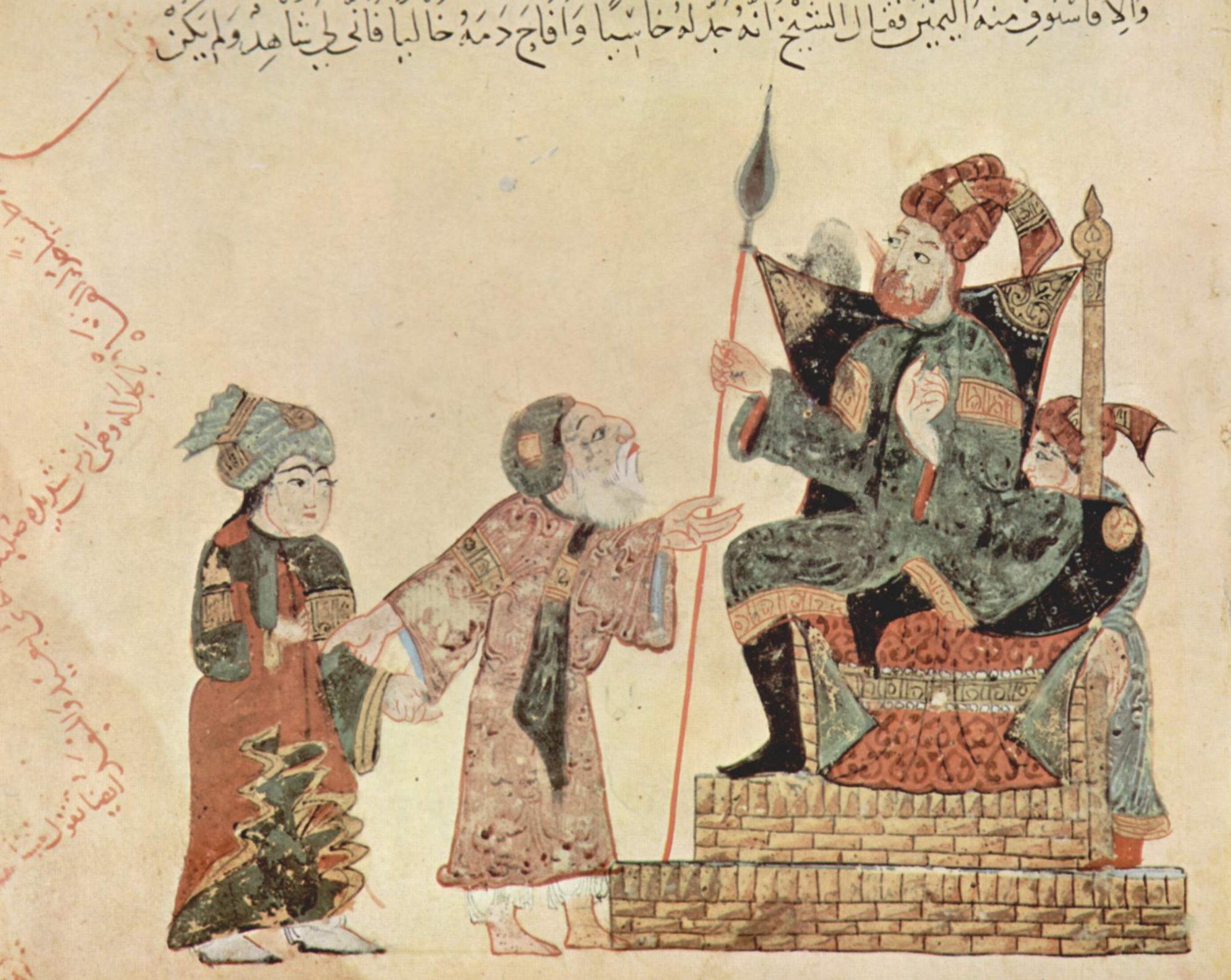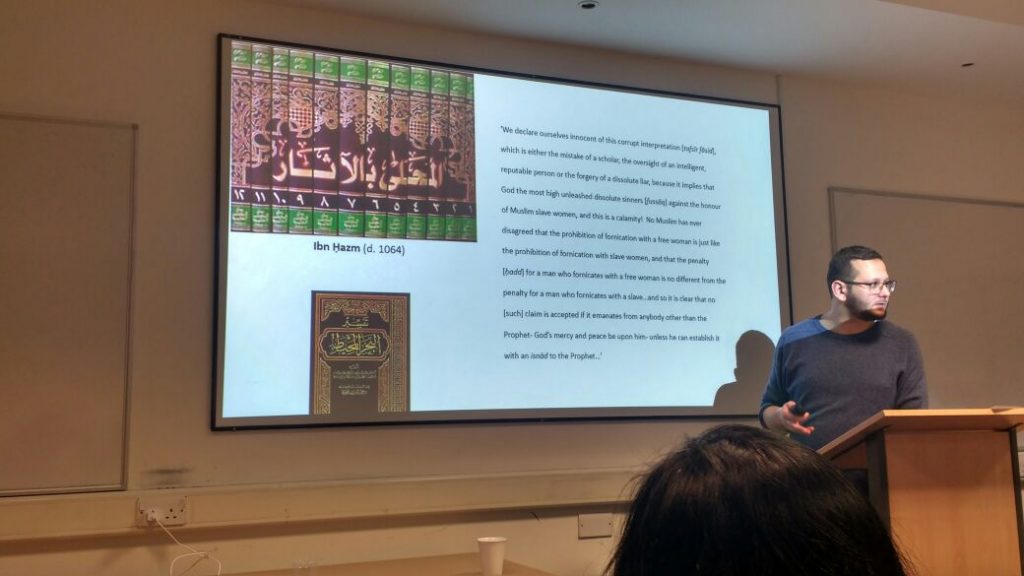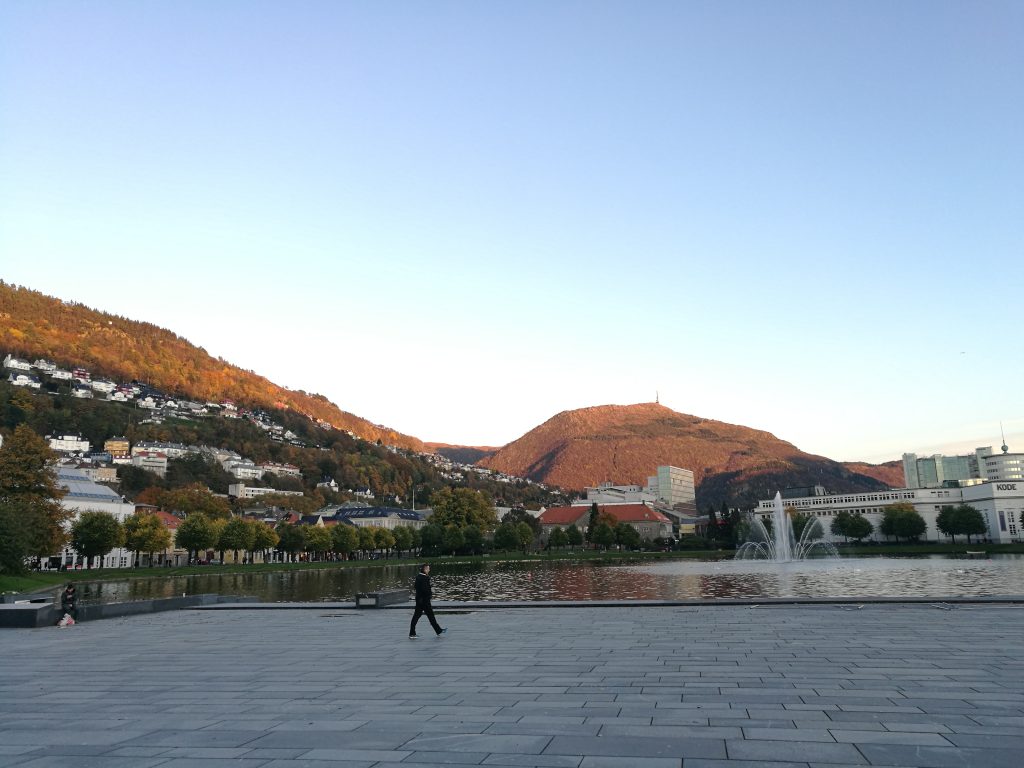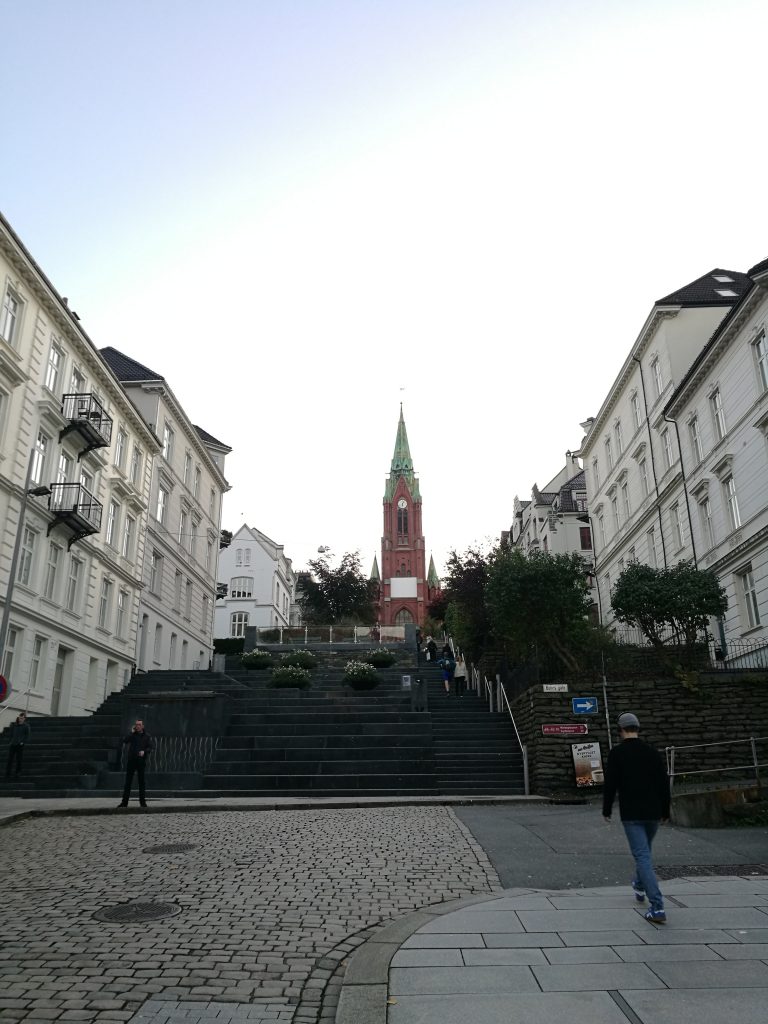Participants met in Exeter for an international conference organised around the themes of sexuality, gender and violence in Islamic Law. A number of attendees remarked on the refreshing focus on these issues; it was rare for an event to be so preoccupied, facilitating such evidently fruitful conversations between specialists. Proceedings began with a keynote address by Kecia Ali of Boston University on the subject of female agency (and the denial thereof) in premodern Islamic legal texts, especially the Mudawwana of Saḥnūn (d. 240/855). She also addressed the challenges of teaching sensitive subjects (such as slave-concubinage) in an age of Islamophobia, as well as the promises and perils of talking to the media. Her lecture was followed by a lively and engaging discussion on the themes of representation and the grammatical nuances of the passage she presented from the Mudawwana, and their implications. There followed two days of papers, representing an impressive range of geographic foci and disciplinary approaches. Modern and Premodern Muslim discourses on sexuality both featured; notably, there was an entire panel on the (re)imagining of the legal tradition in Muslim minority communities in the United States. Papers in this panel combined social-scientific and philological approaches, while exhibiting an interest in the social media dimension of these contemporary debates. There was also a panel on the question of child marriage, which addressed diachronic shifts in the discussion of the practice (boys came to feature much less heavily than girls, over the course of time), as well as the justifications of these by jurists in different periods, which were judged to be inadequate. Some papers were historical; others were decidedly confessional, and important contributions in the beginning session sought to problematise this distinction. Rumee Ahmed concluded that contributors to debates on sexuality in Islamic Law, both with and without the tradition, were equally implicated in ‘doing’ tradition.
Wissam Halawi introduced the discussion of Druze legal norms to the broader conversation about Islamic Law, forcing participants to think harder about the importance of comparativist study and the need to correct the sectarian myopia of previous work on the subject. Many papers raised methodological questions about the study of Islamic Law; this was a theme participants returned to again and again, and was emphasised in the concluding session. Antonia Bosanquet’s paper on inter-religious marriage was equally memorable; somewhat surprisingly, she demonstrated Ibn Qayyim’s (d. 751/1350) commitment to the dissolution of marriages in which non-Muslim husbands converted while their spouses remained as non-Muslims, on the grounds that this would impose intolerable burdens on unconverted wives. Overall, the conference was a great success, and a number of participants committed themselves to contributing chapters towards an edited volume, which will hopefully preserve some of the breadth and learning of the original event for posterity.




























